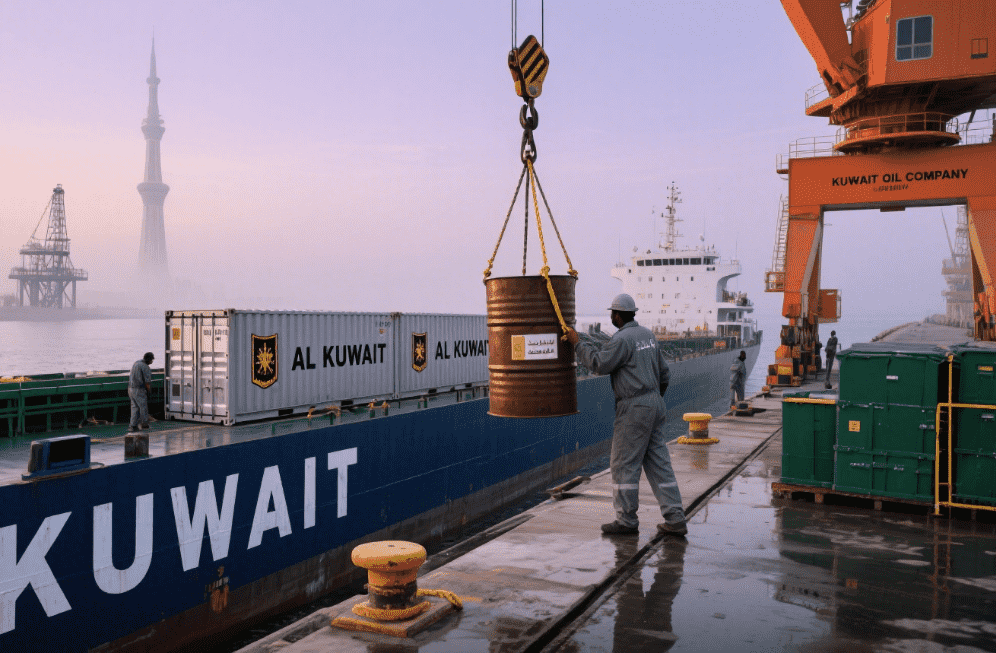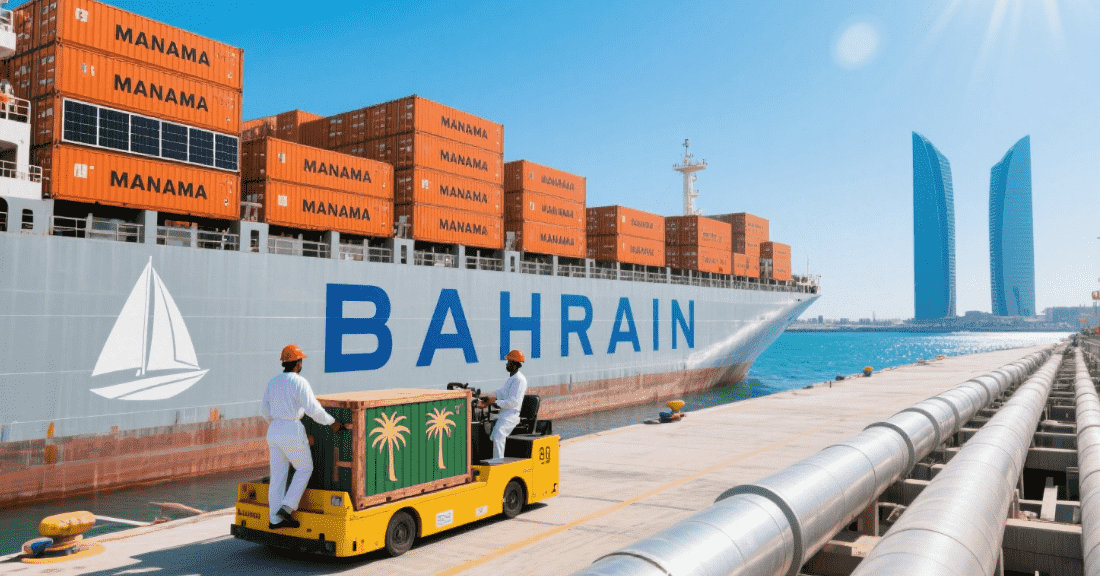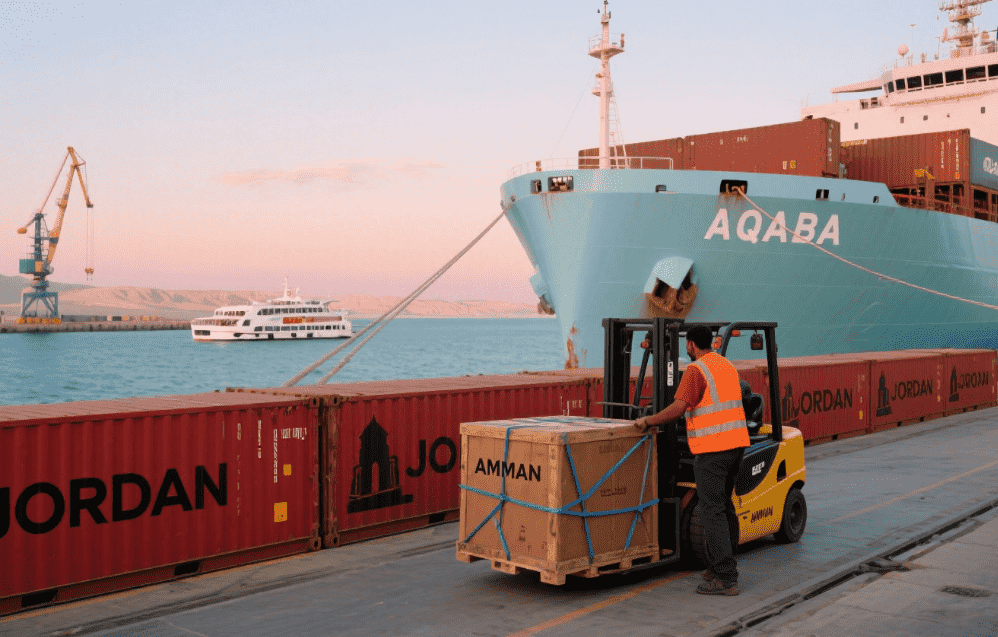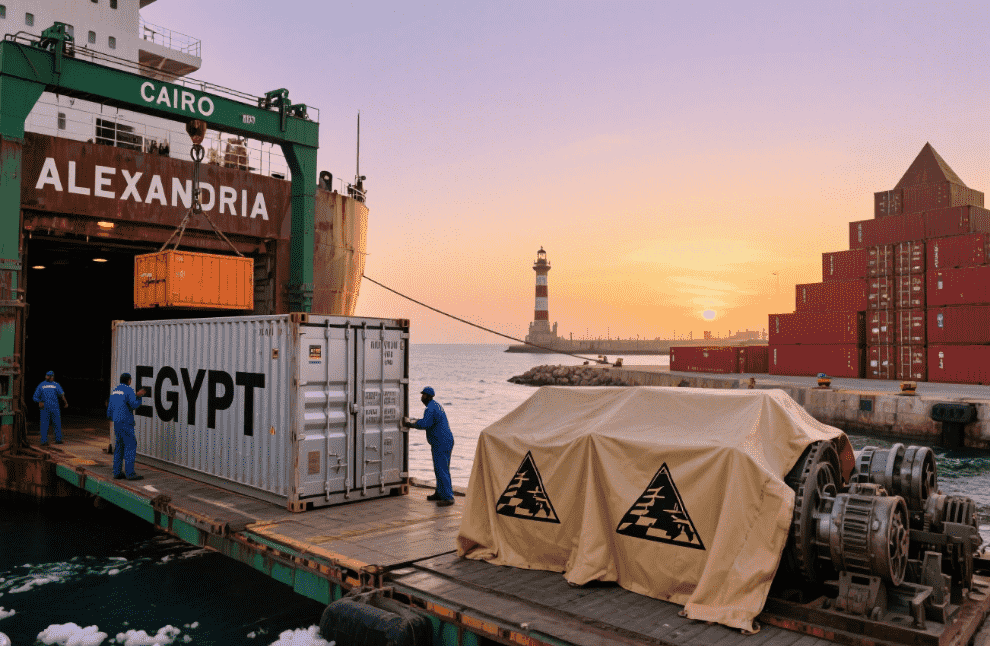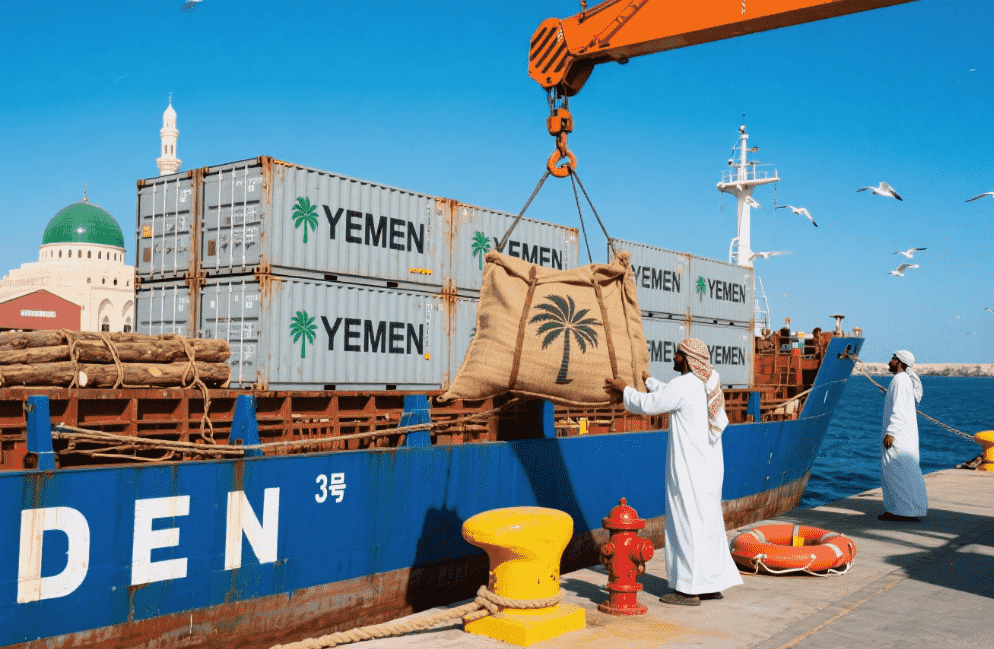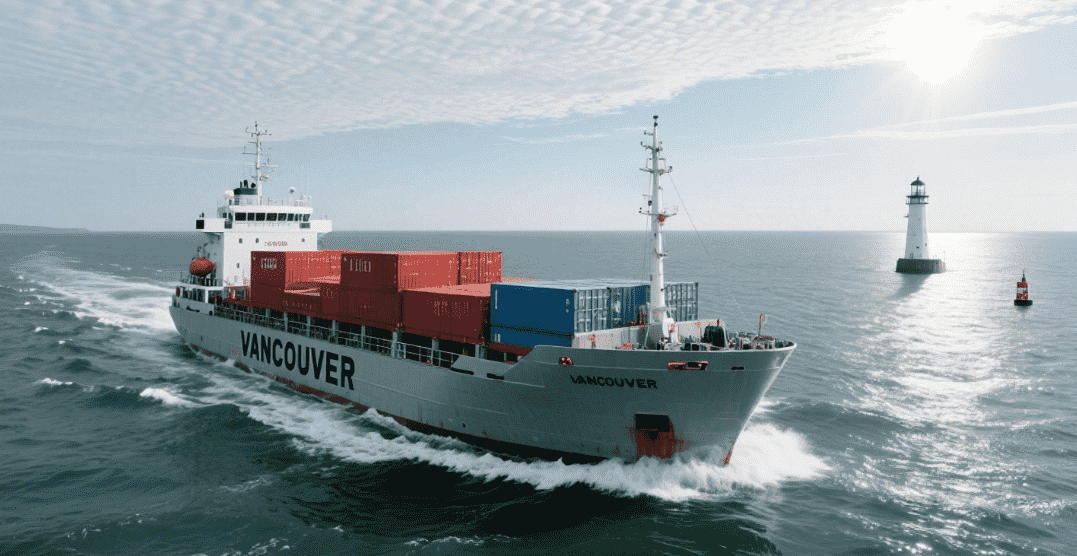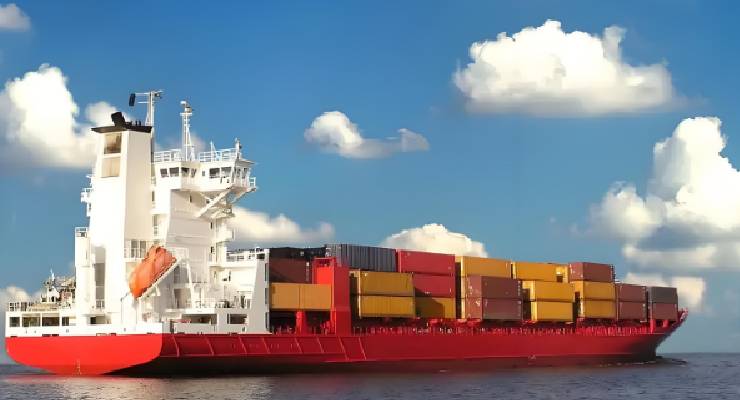
China is one of the largest manufacturing centers in the world and many Ghanaian businesses and individuals are looking to import goods from China to meet the needs of the domestic market.
This article will help you better understand the import process, save costs and successfully conduct international trade.
Steps for importing goods from China to Ghana
Determine the type and demand of imported goods
Before you start importing, you must specify the type, quantity and quality requirements of the goods you want to import.
Different types of products may face different tariffs, certification requirements, or licenses when imported.
For example, electronics, textiles or food have different regulatory restrictions.
Understanding Ghana's customs regulations for different categories of goods is essential to ensure compliance with relevant standards and laws.
Find the right supplier
Choosing a reliable supplier is a key step in the import process. Common ways to find suppliers include:
Alibaba.com: The world's leading B2B platform where you can search for a wide range of products and contact suppliers directly.
1688.com: Domestic B2B platform in China, usually at a lower price, but requires a good level of Chinese language.
Trade shows: Events such as the Canton Fair are great opportunities to meet Chinese suppliers face to face.
Purchasing Agents: If you are not familiar with the Chinese market, purchasing agents can assist you with supplier communication, payment and logistics arrangements.
Sign a purchase contract
After finding a suitable supplier, formally sign a procurement contract with it, and the contract should specify product specifications, prices, payment terms, delivery dates, etc.
Before signing, please review the supplier's qualifications to ensure its reputation and ability to provide quality certification that meets Ghana's import requirements.
Obtain import license
Under Ghanaian law, import licenses are required for certain goods. Ghana's Ministry of Trade and Industry handles these matters.
In addition, find out if any inspection or quarantine of the cargo is required to ensure compliance with Ghana's health and safety standards.
Arrange the transport of goods
There are sea transport and air transport, sea transport is suitable for bulk goods, the cost is lower, but the time is longer; Air freight is suitable for small amounts of emergency cargo, but the cost is higher.
Your choice will depend on the volume and weight of the goods as well as your time requirements.
Customs clearance and payment
When the goods arrive in Ghana, you will need to go through customs clearance. Submit invoices, packing lists, bills of lading and certificates of origin and pay applicable duties and VAT before you can get your goods back.
Ghana's tariff rates typically range from 5% to 20%, depending on the product category.
Warehousing and distribution
After customs clearance, warehousing and distribution of goods need to be arranged.
Planning storage and distribution strategies in advance will help reduce logistics costs and ensure timely delivery to customers.
Overview of Ghana's imports from China
China is Ghana's largest trading partner, with trade between the two countries exceeding $10.2 billion in 2022.
China exports machinery, electronics, textiles and cars to Ghana, while Ghana exports natural resources such as crude oil, cocoa and timber to China.
In 2023, Ghana's imports from China continued to grow significantly, covering a wide range of products.
China continues to be Ghana's largest trading partner, with a total import volume of about 3.3 billion US dollars, accounting for about 22.5 percent of Ghana's total import volume.
These products cover a wide range of industrial goods, consumer goods and machinery that support Ghana's growing industrial and consumer markets.
Major ports and airports between Ghana and China
Ghana
Main port
Tema Port: The largest and most important port in Ghana, located about 30 km east of Accra. The port handles most of the country's container traffic and can handle a variety of cargo types, including bulk and groceries.
Port of Takoradi: Located in western Ghana, it mainly serves the oil and gas industry, but also handles general cargo. The port has facilities to handle heavy cargo and project cargo.
Major airport
Kotoka International Airport (ACC) : Located in Accra, it is the main international airport in Ghana. It is a hub for passenger and cargo flights, connecting Ghana to major cities around the world.
Tamali International Airport (TML) : Located in the northern region of Ghana, it supports regional flights and some international flights. The airport mainly handles passenger traffic, but there is also potential for cargo operations.
China
Main port
Shanghai Port: One of the busiest and largest ports in the world, known for its advanced container handling capacity. It is a major hub for international trade and logistics.
Shenzhen Port: Located near Hong Kong, it is an important trade and logistics port in South China. The port has a large container throughput and a number of terminals that can accommodate a variety of cargo.
Guangzhou Port: Another important port in South China, handling large volumes of cargo, including bulk and containerized cargo. It plays an important role in the trade of the Pearl River Delta.
Major airport
Beijing Capital International Airport (PEK) : China's main international gateway, serving numerous international and domestic flights. It is known for its ability to handle large volumes of passenger and freight traffic.
Shanghai Pudong International Airport (PVG) : Shanghai's main international airport, vital for both passenger and freight transport. Extensive freight facilities, including professional freight services.
Guangzhou Baiyun International Airport (CAN) : One of the busiest airports in China, connecting several international destinations. It is an important cargo airport, providing professional services to different industries.
These ports and airports facilitate important trade between Ghana and China, supporting the import and export of various commodities.
Understanding their capabilities can help companies navigate logistics and optimize supply chain management.
What is the cheapest way to transport from China to Ghana?
The cheapest mode of transport from China to Ghana usually depends on the weight, size, transit time and service provider of the goods.
Sea transport is the cheapest option for large or heavy goods, sea transport is the cheapest way to transport from China to Ghana.
Shipping costs from China to Ghana are estimated to be roughly $80 to $150 per cubic meter for sea freight, $4 to $8 per kilogram for air freight, and about $10 to $20 per kilogram for DHL or FedEx economy express services.

Shipping is mainly carried out by full container load (FCL) and LCL (LCL) in two ways:
Full Container shipping (FCL) : for large volumes of goods, you can rent one or more containers. Although the initial cost is higher, the unit transportation cost of large volumes of goods is lower.
Less than container load (LCL) : applies to smaller quantities of goods that share a container with other buyers. This option has a higher unit price but is more cost effective for small and medium-sized businesses or individual buyers.
Sea freight usually arrives at the port of Tema or Takoradi in Ghana, and the transit time from China to Ghana averages 35 to 50 days.
Tariffs are calculated based on the CIF (cost, insurance and freight) value of the goods.
Tariff rates range from 5% to 20%, depending on the specific HS (Harmonized System) code to which the product is assigned.
Choose a cost effective freight forwarder
Freight forwarders play a vital role in the logistics process, and finding an experienced and affordable freight forwarder can help you save costs and ensure the safe transportation of your goods.
International freight forwarders such as DHL and UPS are well known, while local freight forwarders are familiar with Ghana's customs and logistics processes and may offer more competitive prices.By the way,Winsail logistics is worth for you to choose.
Reduce unnecessary extra costs
You can further save on the cost of your transport arrangements by:
Choose port to Port service: This is cheaper than door to door service. If you have a warehouse or logistics team in Ghana, this is a more economical option.
Book freight services in advance: Avoid extra costs due to last-minute logistics arrangements. Plan ahead and contact the freight forwarder in advance to get a better price.
Ensure documentation is in order: Ensure that all customs documents are in order to avoid fines or delays due to paperwork problems.
Consolidate shipments: Combine smaller shipments to reduce the cost per shipment.
Use proper packaging: Minimize weight and space and reduce shipping costs.
Customs clearance and documentation
When importing goods from China to Ghana, several customs documents are required to facilitate customs clearance. Here are the key documents you need:
Import Declaration Form: This form is required to declare imported goods to Ghana Customs. It includes details such as product description, quantity, value and country of origin.
Commercial Invoice: Provided by the supplier, this invoice Outlines the price of the goods, terms of payment and relevant details required for customs assessment.
Packing list: The packing list details the contents of each batch of goods, including the item specifications and quantities, which is helpful for customs inspection.
Bill of Lading: Issued by the shipping company, this document serves as proof of shipment and Outlines the terms of transport and delivery of the goods.
Import License: Some goods may require an import license, which must be obtained from the Ministry of Trade and Industry of Ghana prior to import.
Customs Classification Report: This report classifies goods according to Harmonized System (HS) codes, determining applicable duties and taxes.
Ensuring that all documentation is accurate and complete is essential to avoid delays and additional costs during customs clearance.
Working with a customs broker or professional clearance agent can significantly streamline the process and help ensure compliance with all regulations.
Online shopping from China to Ghana
Online shopping from China to Ghana is becoming increasingly popular, with online shopping offering a wide variety of products at competitive prices. The following guide can help you through this process.
Popular online shopping platform
There are several platforms that allow you to shop from China and ship goods to Ghana:
AliExpress: A well-known global retail marketplace that offers a wide range of products, often with free or low-cost shipping. Many sellers offer international delivery to Ghana.
Alibaba: Primarily a B2B platform that connects businesses with suppliers to make bulk purchases. You can find suppliers who are willing to ship to Ghana, but it is more suitable for bulk orders.
Jd.com: Another large Chinese e-commerce site that offers a wide range of products. Some sellers may ship goods to Ghana.
1688.com: Chinese domestic platform similar to Alibaba, but generally at a lower price. However, you need to understand Chinese, and it may not be possible to ship directly to Ghana, so freight forwarders are usually used.
Payment method
Most online platforms offer a variety of payment methods, including:
Credit/debit cards: Widely accepted on platforms such as AliExpress and Alibaba.
PayPal: Available on some websites, provides an extra layer of security.
Bank transfers: Larger transactions commonly seen on B2B platforms.
Local regulations and precautions
Familiarize yourself with local import regulations before purchasing. Certain items may be restricted or require special permission. Ensure compliance to avoid fines or confiscation of goods.
These imports reflect Ghana's dependence on Chinese products, especially in the fields of electronics, machinery, textiles and construction materials.
Most of Ghana's imports from China not only meet the needs of the domestic market, but also support the country's economic development and infrastructure construction.


